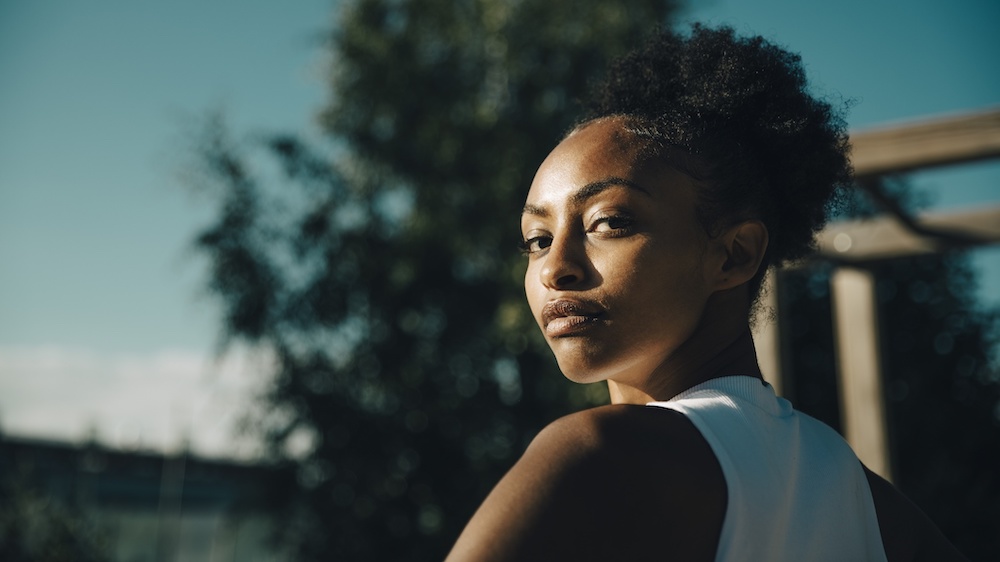If you’re interested in sharing your opinion on any cultural, political or personal topic, create an account here and check out our how-to post to learn more.
Opinions are the writer’s own and not those of Blavity's.
____
Written by Jesse Milan Jr., JD and Linda Goler Blount, MPH
____
An explosion of epic proportions has taken place right under our eyes, and we’re missing it. Black cis- and transgender women have been forgotten amidst the COVID-19 pandemic and left out of the conversation around HIV. And they are suffering as a result.
Black women continue to be disproportionately impacted by HIV, accounting for nearly 60% of HIV cases in women, despite making up less than 15% of the female population according to data from the Centers for Disease Control and Prevention. Black transgender women have one of the highest rates of HIV in the United States — and one study from the National Institutes of Health estimated a 56% HIV prevalence rate among Black trans women.
The Black Women’s Health Imperative (BWHI) and AIDS United are paying attention and taking a stand. For more than 38 years, BWHI has worked to advance health equity and social justice for Black women through policy, advocacy, education, research and leadership development. AIDS United has been dedicated to ending the HIV epidemic in the United States for more than two decades. We have supported community-driven responses to the HIV epidemic around the country, reaching the nation’s most disproportionately affected populations.
We are more focused now than ever before, and we will not sit back and return to the status quo during this pandemic. We are amplifying the voices of Black women, and we will not stop until we get the desired results.
Black women must be empowered to make sound decisions based on the information and best practices provided to them. Black women need to see themselves represented and reflected at tables where decisions and policies that impact their lives are made. Black women deserve to have access to health care providers who care about them and their well-being.
BWHI and AIDS United are committed to eliminating racial health disparities and addressing the critical issue of HIV and AIDS among Black women in the United States. We cannot end HIV in the United States without addressing the unique needs of Black women. BWHI and AIDS United are collaborating to ensure the following actions are taken:
- Stop HIV stigma by raising awareness through provider education and developing interventions to promote compassionate care delivery.
- Educate Black women on HIV prevention tools that are available, including the availability of PrEP (pre-exposure prophylaxis) and syringe exchange programs.
- Increase access to HIV testing and prevention services.
- Support and advocate for age-appropriate, culturally relevant and comprehensive sex education programs.
- Provide access to comprehensive treatment and care for Black women living with HIV through health care reform and access to housing and employment opportunities.
- Address racial health disparities and work to achieve health equity, which includes integrating sexual and reproductive health services with HIV services to ensure the needs of Black women are met.
COVID-19 has exacerbated barriers that have far too long impacted the Black community. Job loss, lack of health insurance, homelessness and other factors exaggerated by this pandemic have rendered women unable to access health care and the protection needed to have healthy and safe sexual relationships. BWHI and AIDS United are committed to a multifaceted and holistic approach that addresses the social determinants of health, improves access to quality health care, increases economic stability and improves Black women’s health across their lifespans.
Our sustained approach to combating this HIV epidemic consists of collaborating with organizations, especially community-based organizations, across the country to provide resources for Black women in their communities. Resources like the CDC’s “Stop HIV Together” campaign provide some of these much-needed tools.
The HIV epidemic is long from over for Black women. We are still fighting and advocating on behalf of Black women for policies to be put in place that support women’s access to health care, regardless of HIV status. We are working to eliminate racial disparities through strategy development, community organizing and engagement, promoting cultural shifts, training and facilitation. We also want to ensure we are connecting Black women to mental health resources to help navigate the many obstacles they face.
We are truly invested in the nation's 22 million Black women and girls, and we believe that when Black women are properly supported, they will achieve optimal health. We urge you to join us in the fight to reclaim our best health.
____
Jesse Milan Jr., JD is the President and CEO of AIDS United.
Linda Goler Blount, MPH is the President and CEO of Black Women’s Health Imperative.
